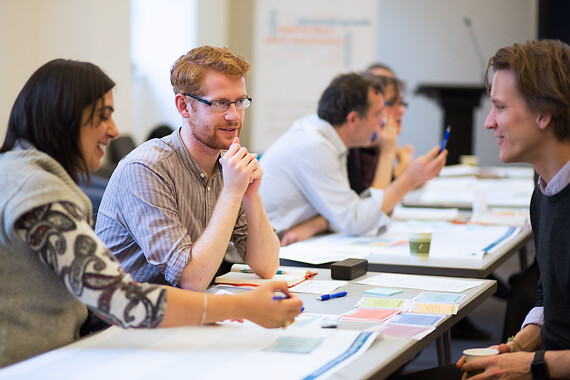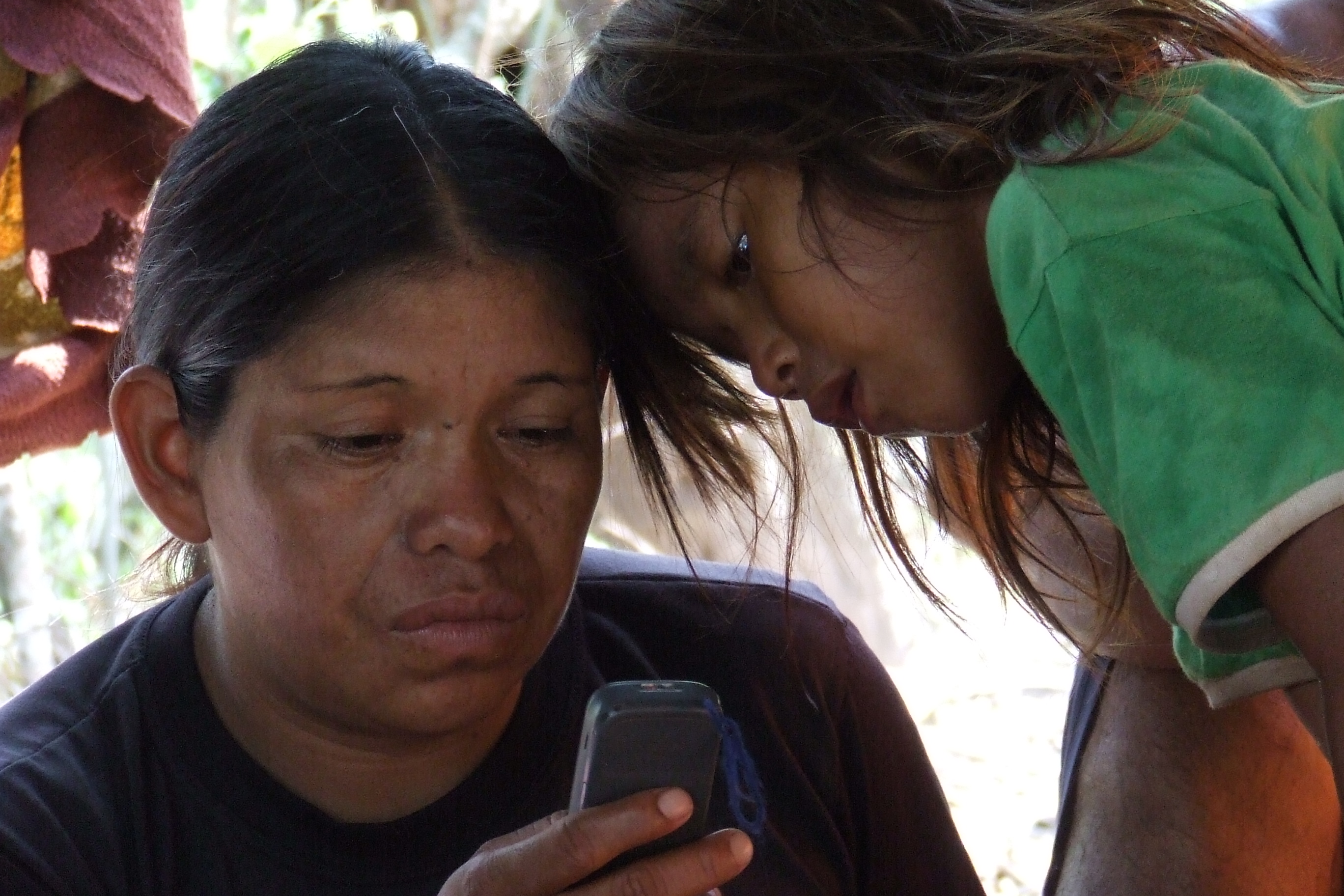Centre for Digital Anthropology
Upcoming events and stuff
NEW WEBSITE - PUTTING DATA JUSTICE IN CONTEXT
This website which has just been launched can be found at https://www.datajusticeincontext.com/ examines the anthropological contribution to what does data justice mean in different places, at different times, and for different people? An initiative in which Tone Walford has been deeply involved, It will provide information on seminars, publications and other events associated with this initiative.
THE TIKTOK ETHNOGRAPHIC COLLECTIVE :
The TikTok Ethnography Collective www.tiktokethnography.com is a collaborative research project that brings together undergraduates, postgraduates, lecturers, professors, and non-university members, to conduct research on the social media, micro- vlogging platform TikTok. This research has two main aims: 1) Explore what an ethnographic approach can offer understandings of TikTok. 2) Experiment with the anthropological and pedagogical possibilities of collaboration.
As a collective, they run workshops, conduct interviews, engage in creative writing and drawing, and explore other ways in which we can ethnographically engage with TikTok. They are always open to new members and collaborators. If you are interested in getting involved with the work the collective is doing, please get in touch with Elena Liber (e.liber@ucl.ac.uk), Yathukulan Yogarajah (y.yogarajah@ucl.ac.uk), Toby Austin Locke (toby.locke@ucl.ac.uk)
GAMES FOR WELFARE 1
A game/quiz created by Daniel Miller and Sheba Mohammid may be downloaded from your phones as Trini Food Quiz. The game was devised largely on the basis of ethnographic research and is designed to provide knowledge linking diet to hypertension which is a major cause of death in Trinidad and Tobago. But you may not do very well in the quiz as one of its features is that it was designed to be very local to Trinidad and Tobago. The game has been very successful in terms of downloads and comments. We hope to also assess its subsequent impact on health. Link to Google Play. Link to App Store
GAMES FOR WELFARE 2
A game called Move Quietly and Tend Things has been created by Kellynn Wee. This is a tabletop role-playing game. It invites you to explore the mysterious origins of a bittersweet utopia set in the ruins of a post climate collapse Southeast Asia. The game asks questions around community-making, more-than-human relations and culpability.
EASA NETWORK
Obviously relevant to us is a new European Network for Digital Anthropology (ENDA) which has been established by EASA. They hope to establish an email list soon.
 Close
Close




